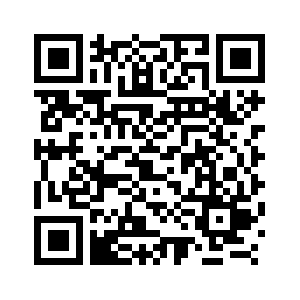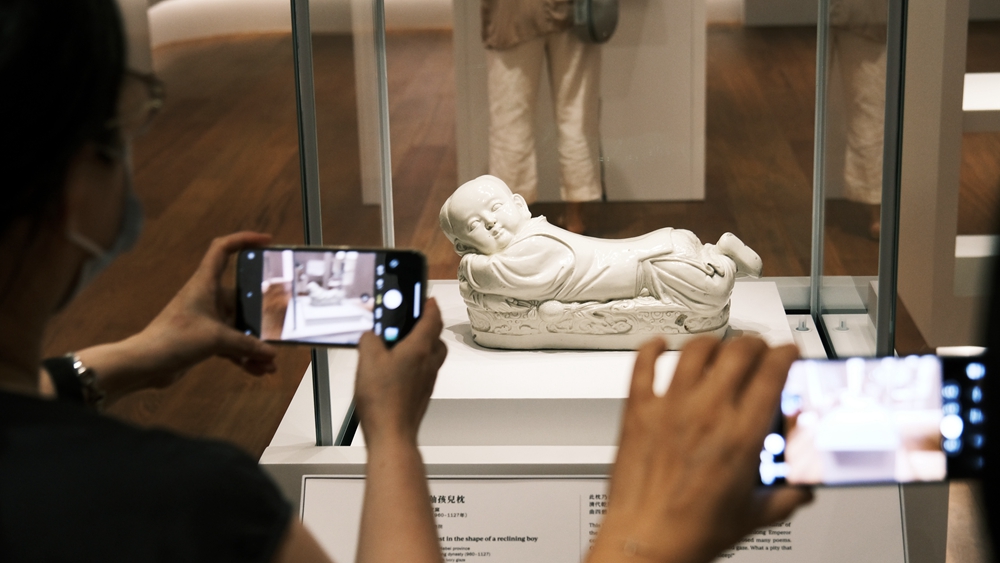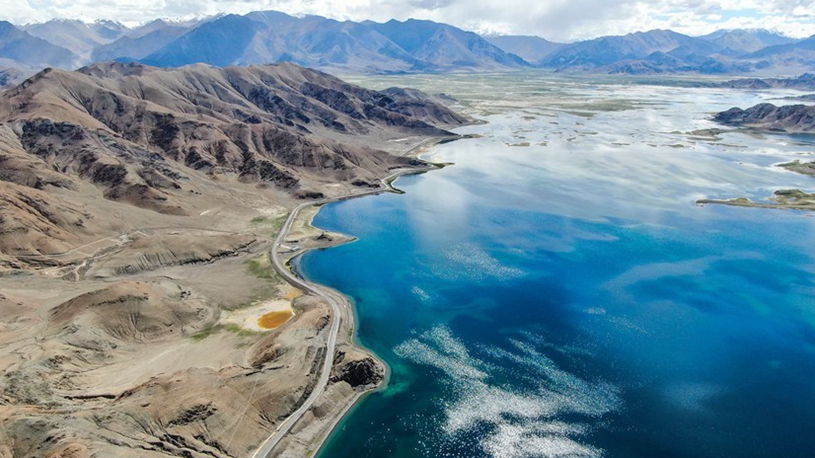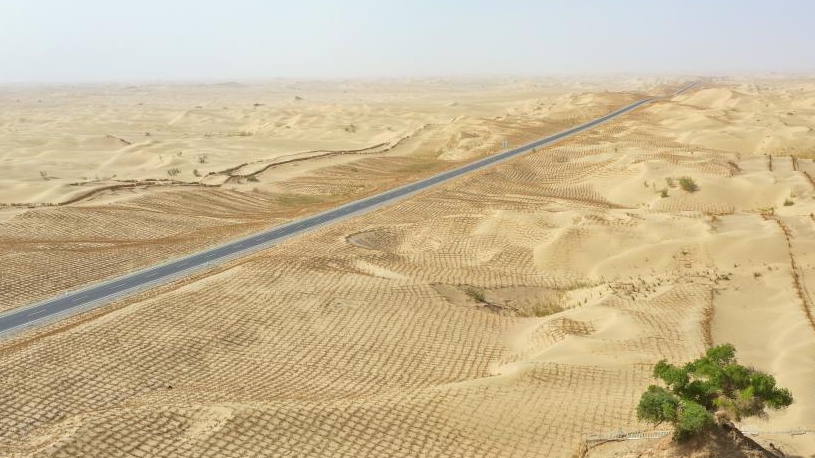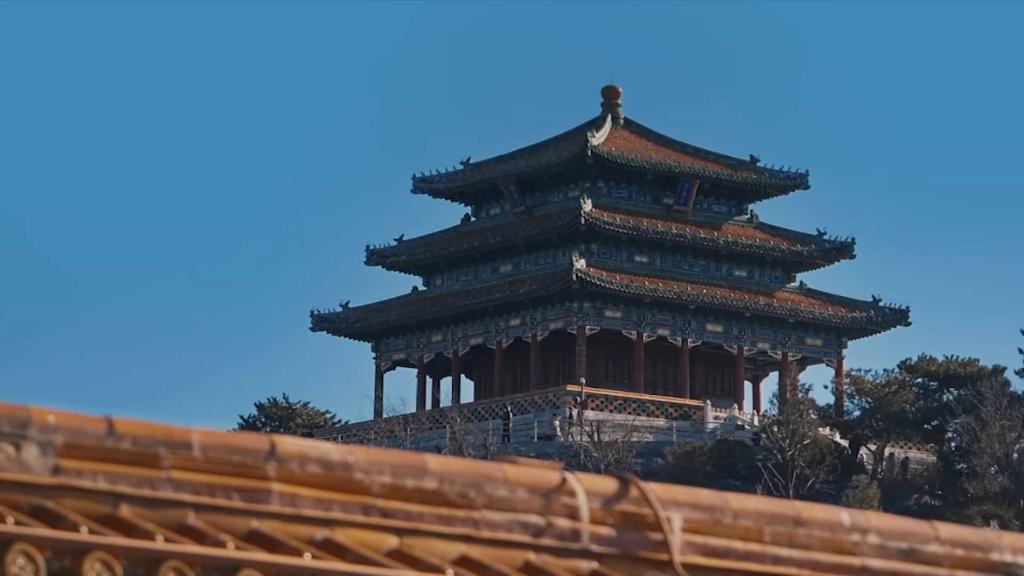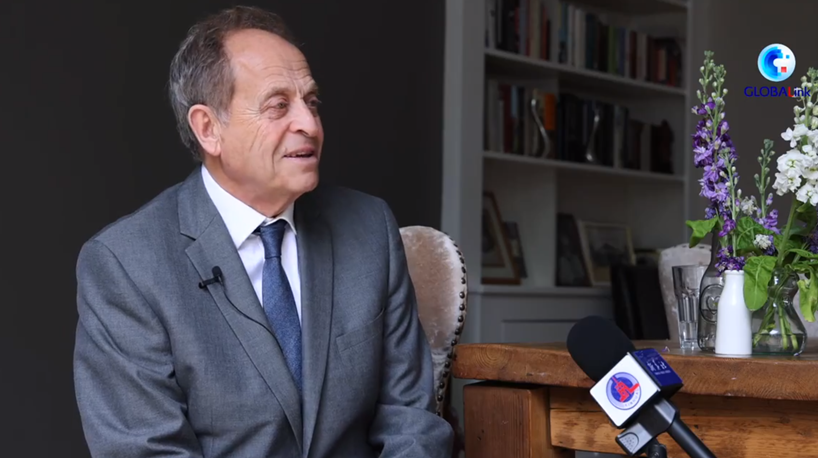Video: The United States is marking Independence Day with parades, parties and fireworks, while seeing declining public confidence. (Xinhua)
In many cities, Independence Day fireworks have been canceled or rescheduled due to supply chain bottlenecks and labor shortages, while Americans have adjusted their vacation plans due to higher gas prices of over 4.8 U.S. dollars per gallon on average nationally.
by Xinhua writers Sun Ding, Xiong Maoling
WASHINGTON, July 4 (Xinhua) -- The United States is marking the Independence Day with parades, parties and fireworks, while seeing declining public confidence.
In an AP-NORC survey released last week, 85 percent of American adults say the country is heading in the wrong direction. Less than 40 percent of voters in a Fox News survey say "yes" when asked "are you proud of the country today," down 12 points from 2017 and 30 points from 2011.
Underlying the festival is a confluence of problems -- escalating partisanship, social discord, economic predicament, among others -- that have spelled trouble for the nation in immediate and long terms.
As the midterm elections approach, the political and social atmosphere in the United States is likely to grow increasingly tense, leaving less room for the nation to seek solutions to the challenges.
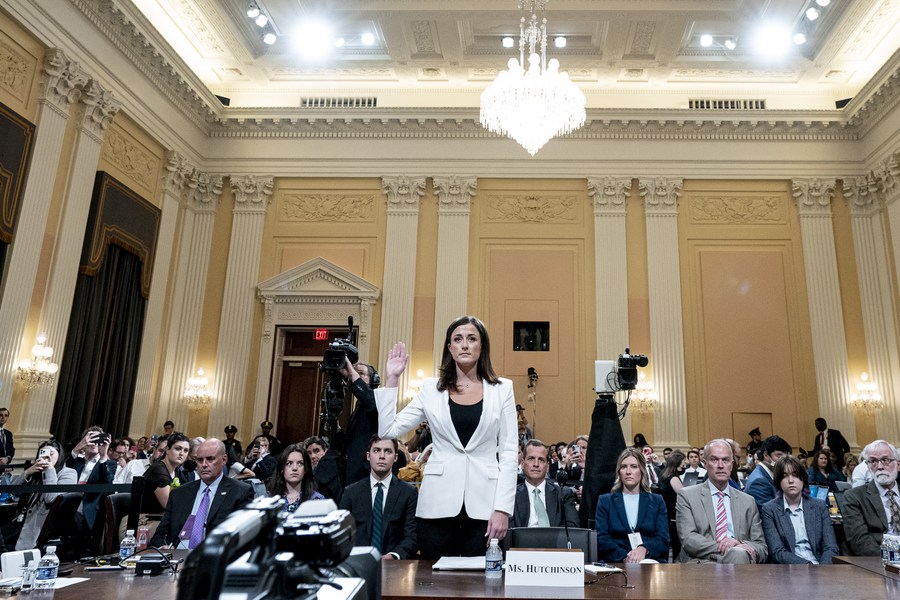
Cassidy Hutchinson, an aide to former White House chief of staff Mark Meadows, is seen at a public hearing held by the U.S. House select committee investigating the Capital riot on Jan. 6, 2021 to provide testimony in Washington, D.C., the United States, June 28, 2022. (Andrew Harnik/Pool via Xinhua)
PARTISAN FIGHT
When former White House aide Cassidy Hutchinson last week provided testimony on the Capital riot on Jan. 6, 2021, reactions from the two sides, expectedly, have been strikingly different.
Among her revelations, then U.S. President Donald Trump was said to have even tried to grab the steering wheel of the presidential limo that day when he was told he could not go to the Capitol with his supporters.
Democrats believe Hutchinson's testimony has further demonstrated Trump's direct responsibility for the riot -- widely described as a dark chapter in American history, while Republicans dismiss her account as hearsay. Trump responded by claiming that he "hardly" knows who Hutchinson is.
The U.S. House select committee investigating the riot held six public hearings in June to present findings and listen to witnesses, creating a battlefield for rancorous Democrats and Republicans.
The hearings "ironically answered the question of whether the nation's political divisions are overstated," Harlan Ullman, senior adviser at the Atlantic Council, a Washington, D.C.-based think tank, wrote for The Hill in June.
"The answer is chilling. Not only is the nation divided on virtually every issue. Every issue has become a single massive attack of disruption. Jan. 6 is just one example," he said.
Many Americans will view these hearings through their preexisting political filters, said Whit Ayres, a veteran political consultant, adding that Trump's most ardent supporters will assume the committee is "out to make him look bad," while the committee's work is likely to cement the views of those who have already determined the riot threatened democracy.
After Hutchinson, the committee subpoenaed Pat Cipollone, who served as White House counsel for Trump between December 2018 and January 2021, stating there was evidence that "Cipollone repeatedly raised legal and other concerns about President Trump's activities on January 6th and in the days that preceded."
Whether Cipollone will cooperate with the subpoena or fight it in court is likely to have a major impact on how the investigation will play out next, and is certain to add fuel to partisan bitterness clouding Washington and the United States at large.
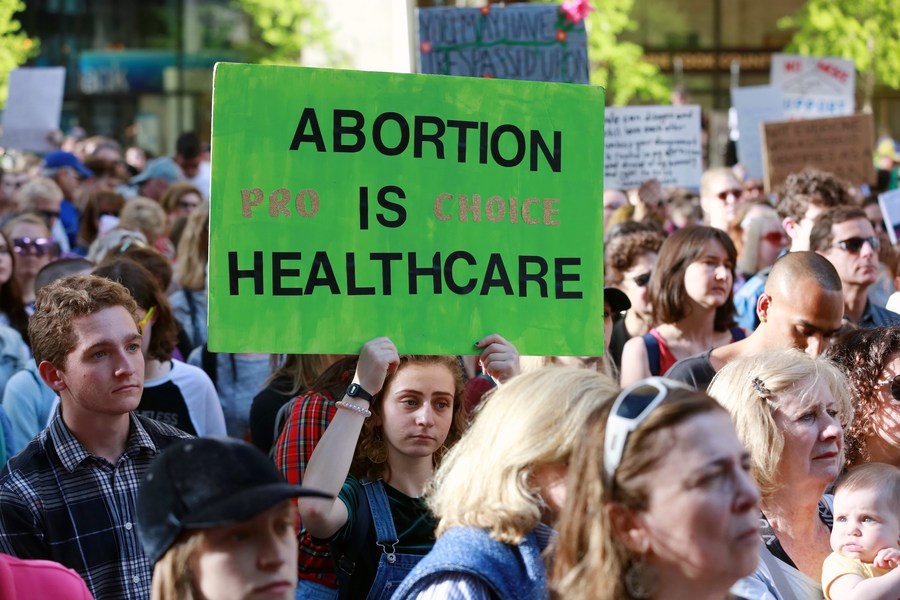
People participate in a protest against abortion ban at Daley Plaza in downtown Chicago, the United States, on May 23, 2019. (Xinhua/Wang Ping)
SOCIAL DISCORD
A week after the U.S. Supreme Court's bombshell decision to strike down Roe v. Wade and eliminate constitutional protection of abortion rights, demonstrators continue to gather outside the court on Capitol Hill.
The past few days have seen standoffs between police and protesters in multiple U.S. cities. On Thursday, more than 180 abortion rights activists were arrested after sitting and blocking an intersection near the Supreme Court. Several days earlier, law enforcement personnel in Arizona deployed tear gas against protesters outside the state capitol in Phoenix.
As Roe v. Wade was taken down, many states began to restrict or strengthen access to abortion, along political and party lines, moving further away from each other while tearing the nation apart.
Democrats and liberals generally support abortion rights, arguing abortion is a woman's choice. Republicans and conservatives, in contrast, accuse it of taking an unborn life. Positions of the two sides are irreconcilable.
In the Roe v. Wade decision in 1973, the Supreme Court ruled that the U.S. Constitution generally protects the liberty to choose to have an abortion. But anti-abortion groups have actively sought to have the landmark ruling overturned, engaging in legal and public opinion battles with the other side over the few decades.
Despite clear opposition from minority liberal justices, the conservative-heavy court in June upheld a Mississippi law, which banned all abortions over a gestational age of 15 weeks except in certain circumstances, in an appeal case, and ended the precedent established by the Roe v. Wade case.
With the midterm elections only four months away, the abortion debate is expected to heat up significantly. American political commentator Charles Sykes predicted that the Supreme Court's decision on Roe v. Wade, which "tosses abortion into the center of an already-boiling culture war," will push the issue "to the center of every political race in the country and polarize U.S. politics even more."
The ruling "will create two Americas when it comes to abortion access," but "this sudden cleaving in the United States will go far beyond abortion access, affecting healthcare, the criminal legal system and politics, at all levels, in the coming years," Politico wrote in a special report.
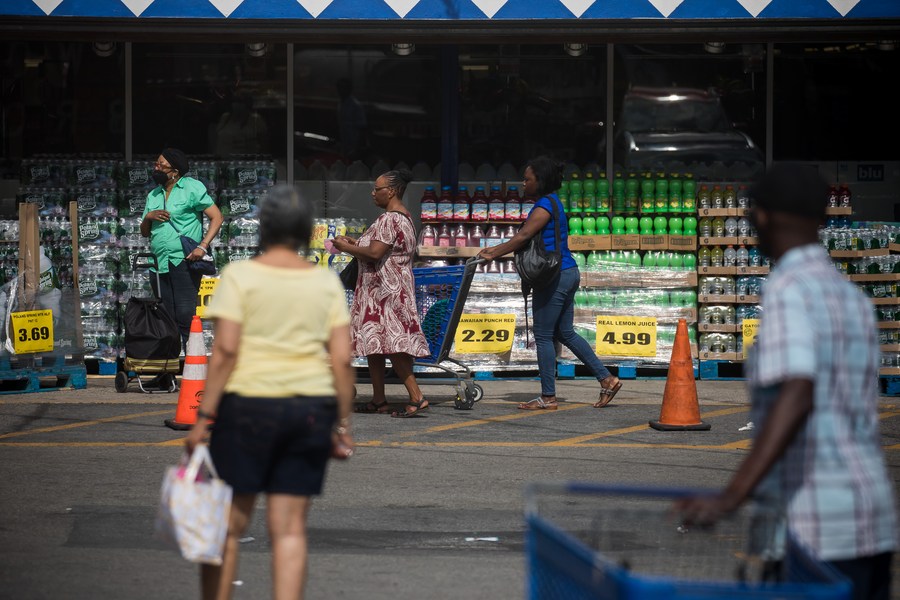
People are seen at the parking lot of a grocery store in the Brooklyn borough of New York, the United States, on June 10, 2022. (Photo by Michael Nagle/Xinhua)
ECONOMIC PREDICAMENT
In many cities, Independence Day fireworks have been canceled or rescheduled due to supply chain bottlenecks and labor shortages, while Americans have adjusted their vacation plans due to higher gas prices of over 4.8 U.S. dollars per gallon on average nationally.
Amid the highest inflation in four decades, the U.S. Federal Reserve has taken a more hawkish stance in monetary policy, a move a growing number of economists have said could plunge the economy into a recession.
In June, the Fed raised its benchmark interest rate by 75 basis points, marking the sharpest rate hike since 1994, indicating the urgency to bring inflation under control. It had raised rates by 25 basis points in March and by 50 basis points in May.
"If they raise the projected terminal rate of this hiking cycle from around 3 percent to more than 4 percent, that indicates that they may need a recession to bring down inflation," Adam Posen, president of the Peterson Institute for International Economics, recently told Xinhua.
Having yet to address inflation with a viable plan, U.S. President Joe Biden and his party previously argued persistently high prices are mainly due to pandemic-related supply shocks and the Ukraine crisis. Ahead of the Independence Day, Biden called on gas companies to ramp up supply.
Despite the attempts to shift blame, the White House and the Fed have drawn criticism for downplaying the threat of surging inflation last year and reacting too slow to rein it in. In a recent opinion on The Wall Street Journal, authors argued that the current inflation was "predictable," blaming what they called "excessive" fiscal and monetary policies for high inflation.
A Pew Research Center survey released in May showed that the U.S. public sees inflation as the top problem facing the nation, with 70 percent of Americans viewing inflation as a "very big problem."
A recession is "inevitable" within the next 12 to 18 months, former President of the Federal Reserve Bank of New York Bill Dudley wrote in a recent Bloomberg opinion piece.
It may come sooner. According to the Atlanta Federal Reserve's GDPNow model updated last week, the U.S. GDP is estimated to contract at a seasonally adjusted annual rate of 2.1 percent in the second quarter. With a first-quarter contraction, a second consecutive quarter of negative growth would meet the definition of a recession. ■
